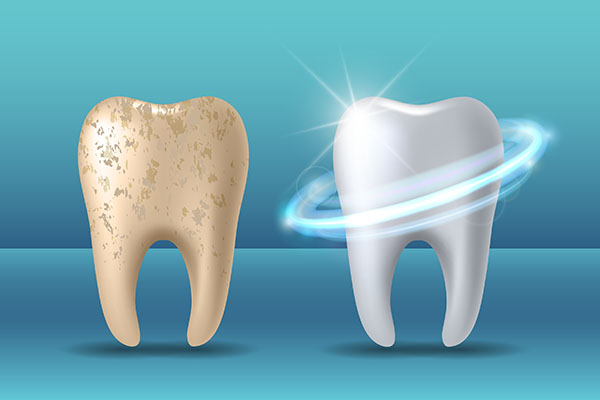How Does Root Canal Treatment Work?

Root canal treatment enables dentists to save infected, damaged, or decayed teeth. The procedure has a reputation as being painful, but this is far from the truth. Root canals were probably painful before the invention of local anesthetics, but now that is no longer the case. Local anesthetics are used during a root canal treatment, so patients do not feel significant pain as the dentist works on their tooth.
The root canal treatment process
Root canal therapy is usually suggested when a tooth’s pulp chamber has been damaged. The pulp chamber houses soft tissues like blood vessels and nerves, and it is sealed off from the rest of the tooth. Injury to a tooth can open this area, leaving these soft tissues susceptible to the bacteria and acids in the mouth. The risk of infection also goes up dramatically when a tooth’s pulp chamber is damaged.
Restoring a tooth with root canal therapy starts with the dentist evaluating the patient to see if it is the correct course of action. A visual examination is often performed, and diagnostics like X-rays might be used to assess what is going on inside a tooth.
Once it has been determined that root canal therapy is the appropriate treatment for the patient, the dentist will start the procedure by injecting the patient with a local anesthetic. This numbs the area being worked on so the patient does not feel pain as the dentist works. They will only feel the force of the dentist pushing and drilling into the tooth.
A dental drill is used to make a hole into the pulp chamber so the dentist can extract the soft tissue there with dental files. Medication might be inserted into the pulp chamber once the area has been thoroughly cleaned.
Depending on the severity of the infection in the tooth, the dentist might opt to reseal the tooth immediately or cover it with a temporary filling so they can insert another round of medication into the tooth in a week.
If the dentist thinks that one round of medication is enough for the tooth, a rubbery material called gutta-percha is used to close the tooth. The tooth can then be rebuilt using composite bonding, or a crown might be placed on it to complete the process.
Recovering after getting a root canal
There is no recovery period after having a root canal. The pain that brought the patient to the clinic is typically gone by the time the procedure is over. After getting a root canal, some patients might experience minor discomfort for the first few days. Over-the-counter medication can be used to address it. Patients are free to return to their regular routine after root canal therapy. Teeth repaired with root canal therapy will not be as strong as they once were, which is why dentists often recommend covering them with crowns to protect them against bite forces.
Save your damaged tooth
Root canal therapy can save your severely damaged or infected tooth. Call or stop by our Peabody clinic to set up an appointment with our dentist.
Request an appointment here: https://crossstreetfamilydentistry.com or call Cross Street Family Dentistry at (978) 867-0190 for an appointment in our Peabody office.
Check out what others are saying about our dental services on Yelp: Root Canal Treatment in Peabody, MA.
Related Posts
A root canal restores a damaged or infected tooth without removing it, and recovery usually proceeds smoothly with the right care. Mild tenderness is common as the tissues calm down, especially when chewing or when the tooth is touched. Good oral hygiene, smart food choices, and timely follow-up help the tooth feel normal again. Because…
A root canal treatment can restore a severely decayed or damaged tooth. This invasive procedure can help improve your dental health. Knowing why you need this treatment can motivate you to schedule an appointment soon. Here are the reasons to consider a root canal treatment.Gum disease, decay, or dental damage can lead to dental infection.…
Root canal treatment, also known as endodontic therapy, isn’t something most people think about daily, but it’s one of the most common treatments available. If you experience pain in your teeth and are considering treatment, then you may have heard of endodontic therapy, which can save your teeth and make sure you have good oral…
Wondering whether root canal therapy is in your near future? The only way to know is to make an appointment with a general dentist for a full oral evaluation. While most dental patients know they have a problem tooth, not all tooth infections cause pain.A tooth infection occurs when bacteria are able to get inside…


